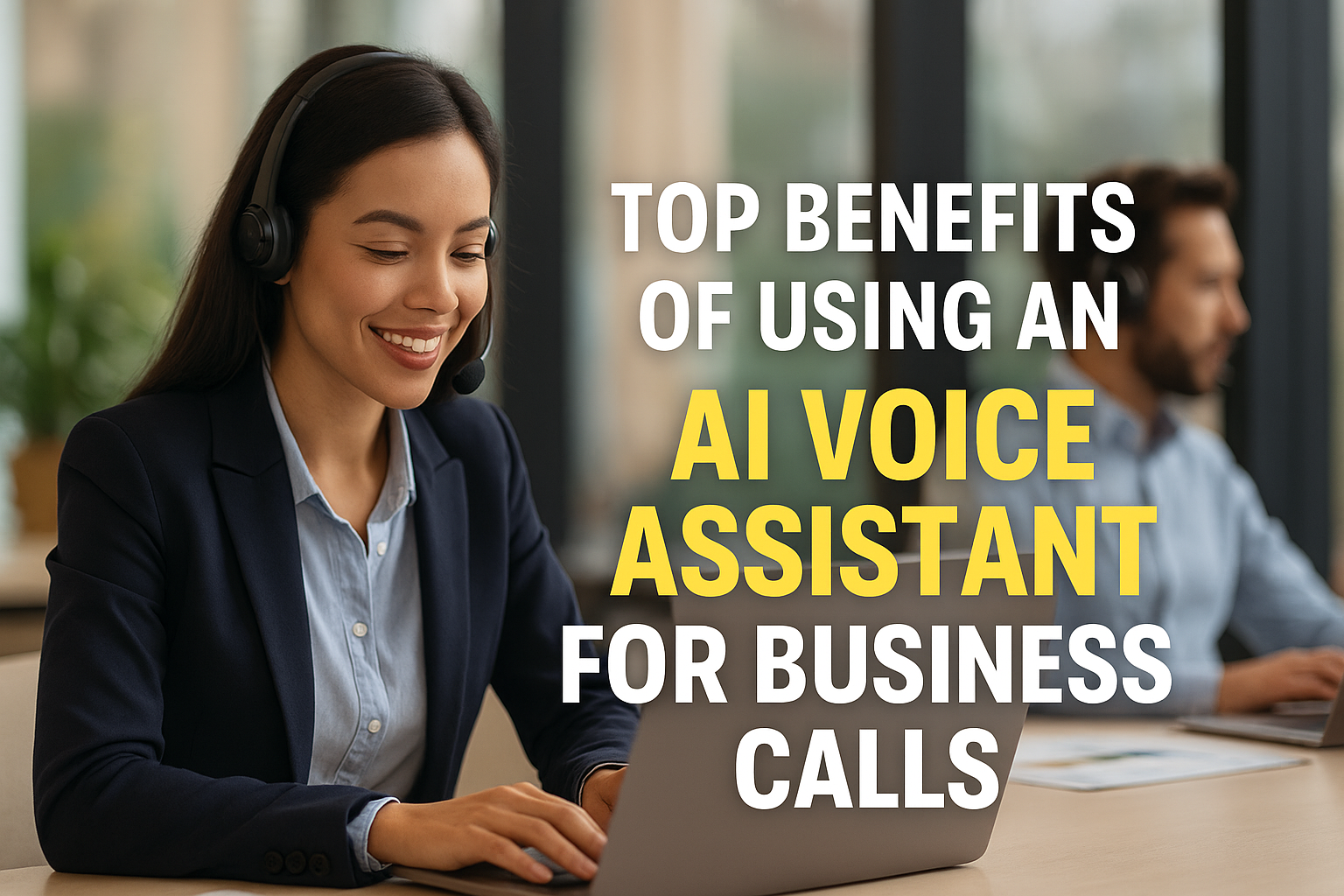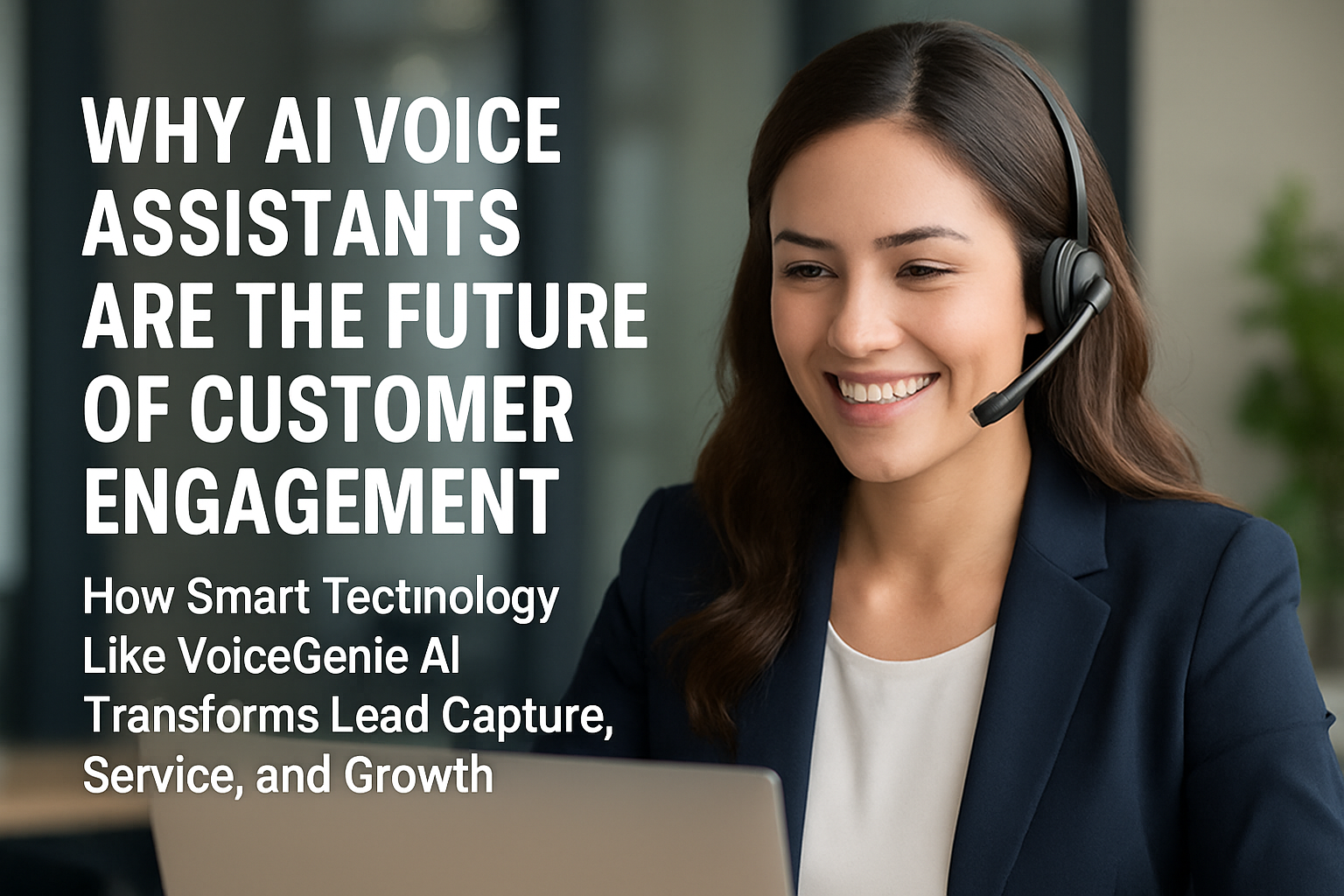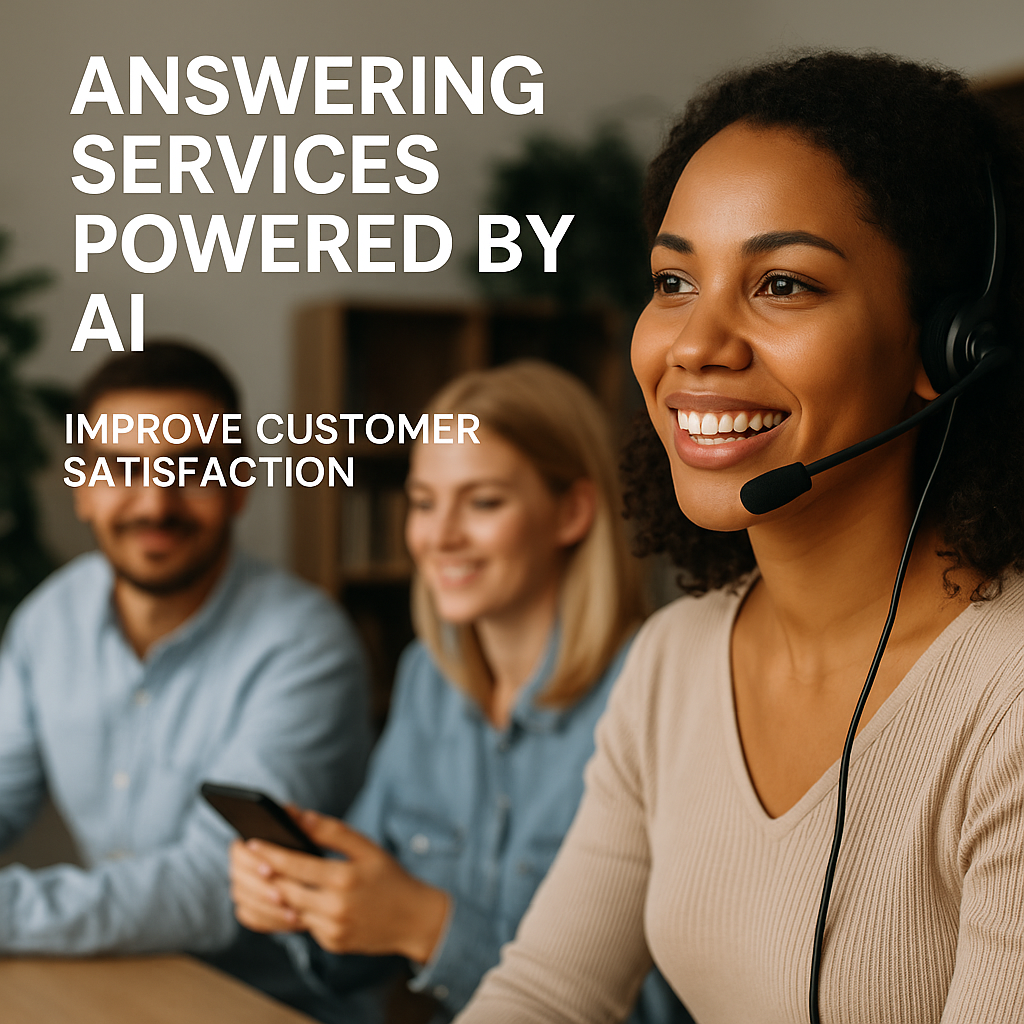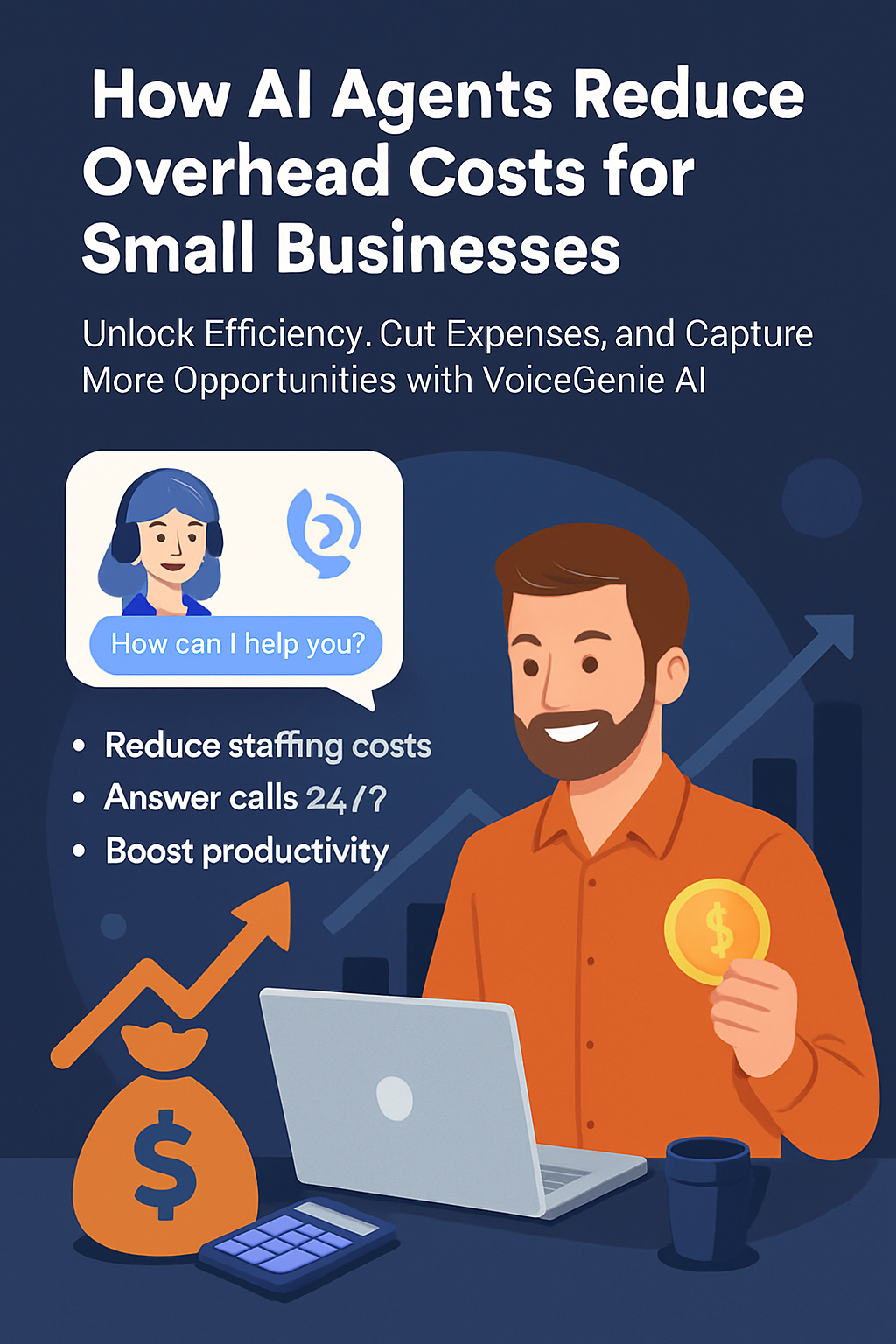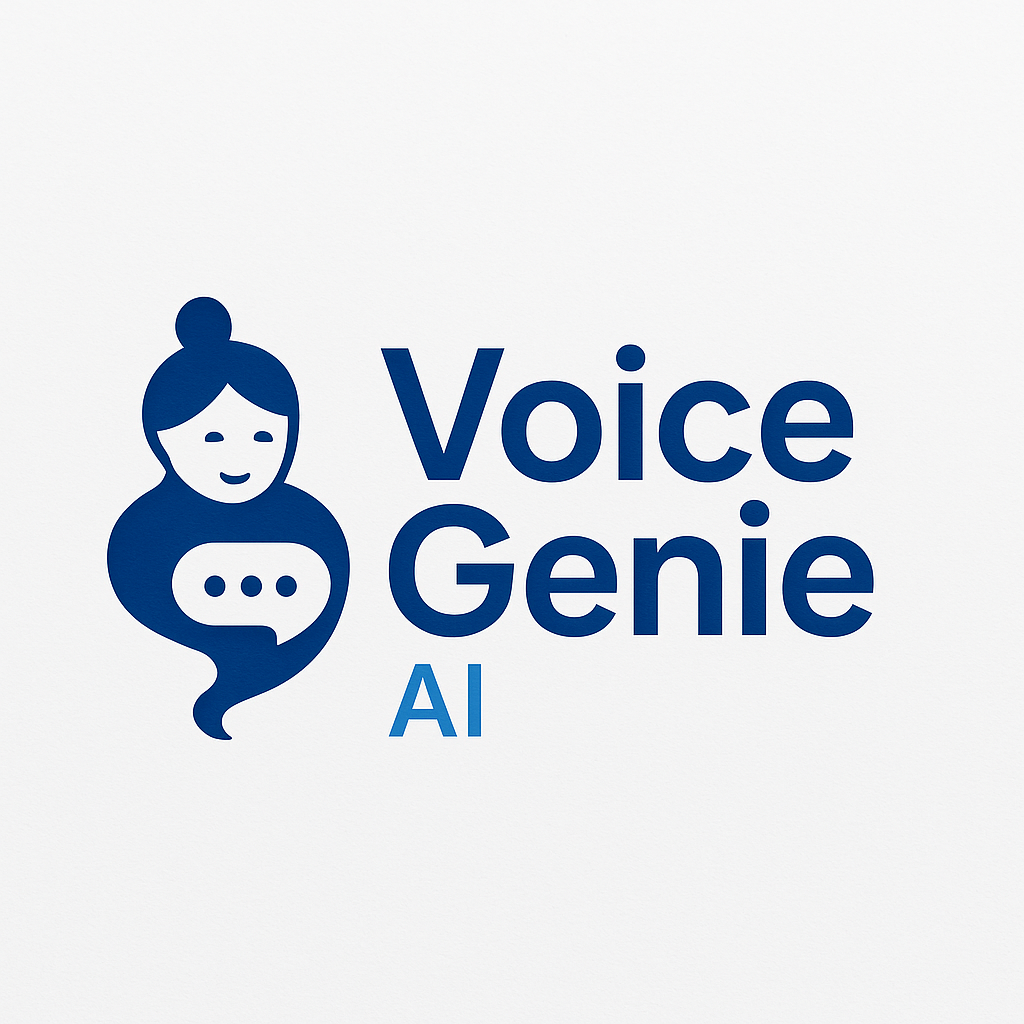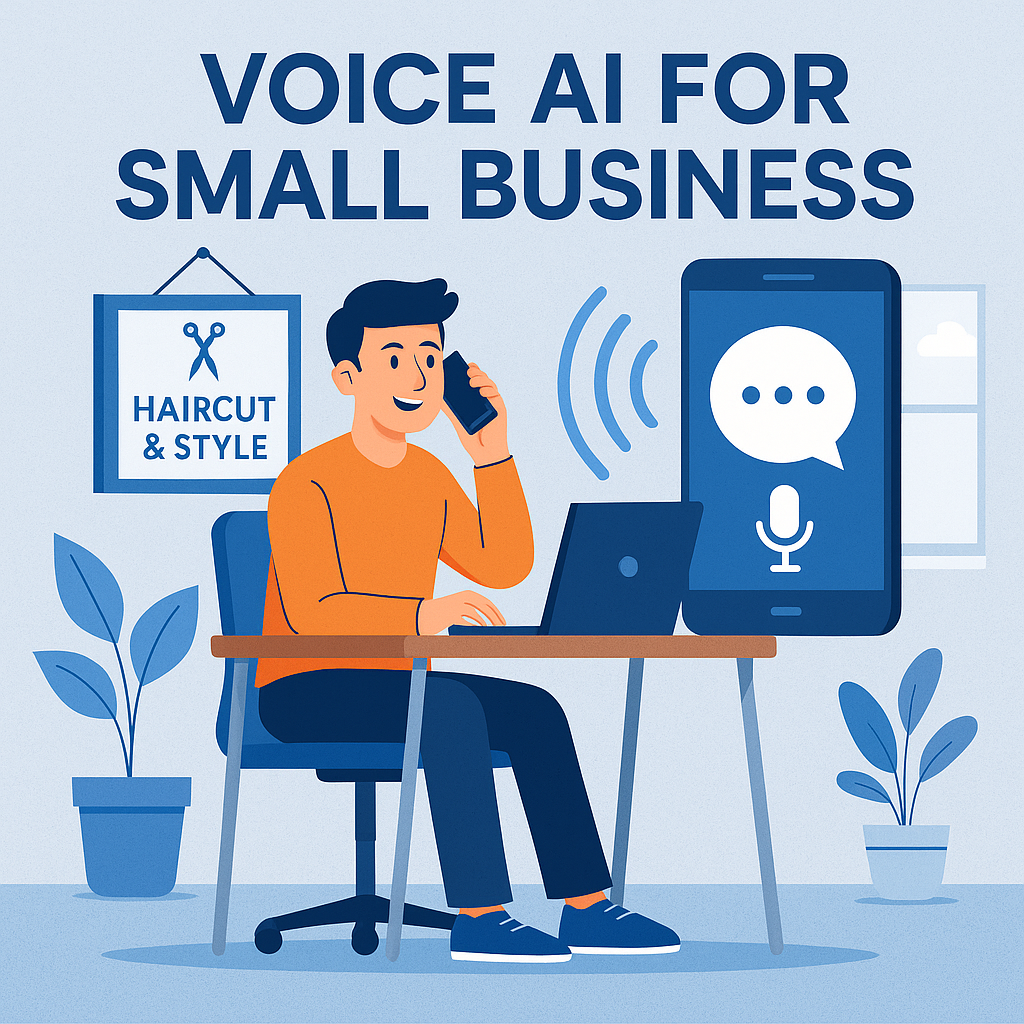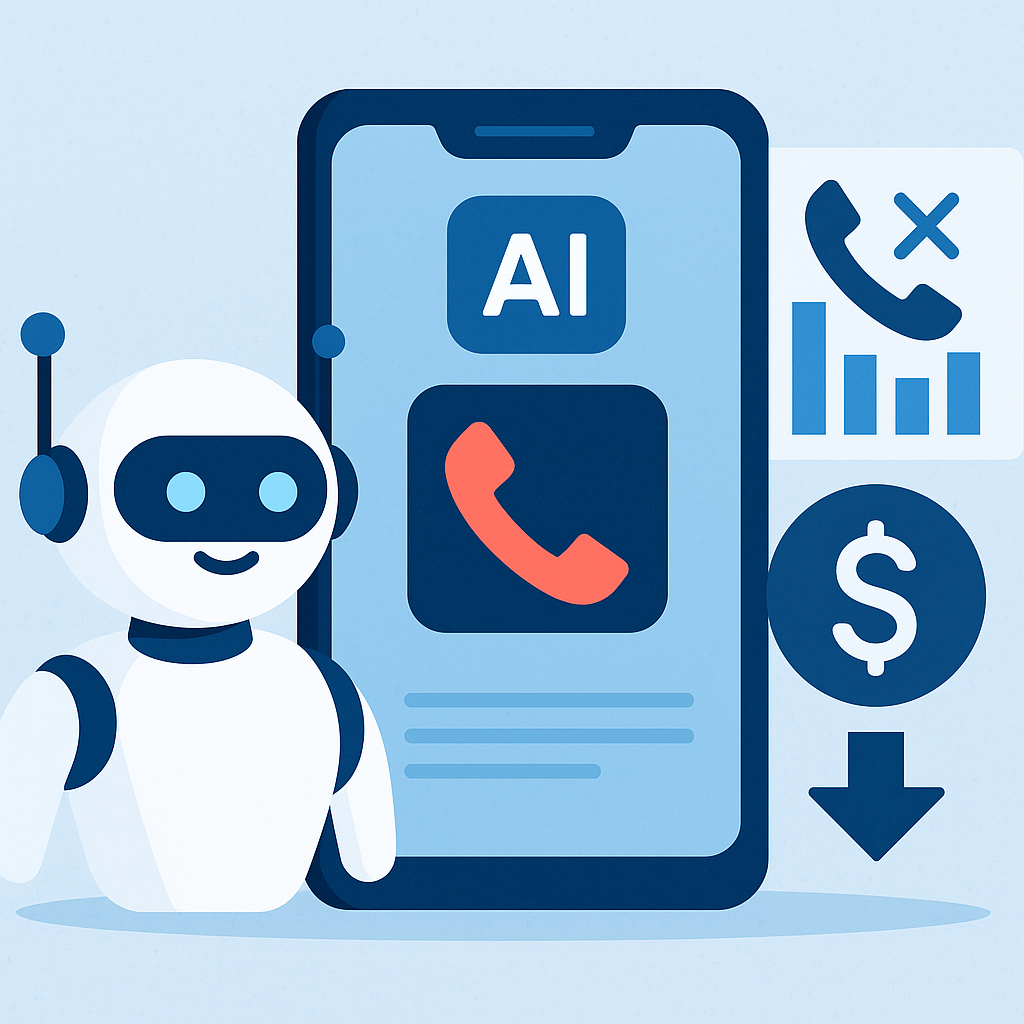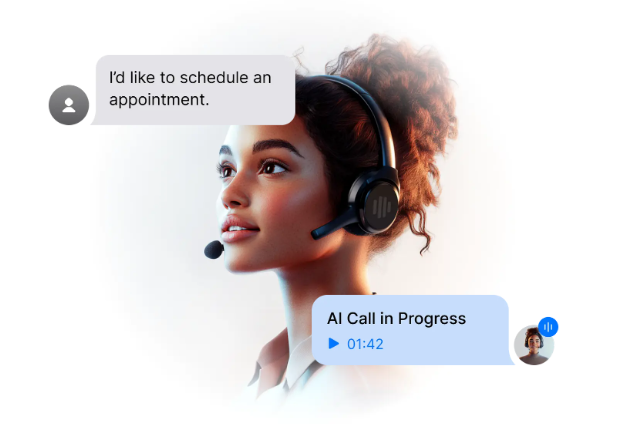Future of Digital Marketing and E-commerce in 2025
By 2025, digital marketing and e-commerce will look vastly different than they do today, as new technologies and consumer behaviors reshape the landscape. Businesses are leveraging advancements in big data, predictive analytics, AI, and immersive technologies to deliver highly personalized experiences and connect with consumers in ways that were previously unimaginable. With the rise of new digital channels and an ever-growing online consumer base, the future of digital marketing and e-commerce will be defined by precision, personalization, and an emphasis on authentic engagement.
Use of Big Data and Predictive Analytics in Marketing
In 2025, data will be the backbone of all successful digital marketing strategies. Companies are investing heavily in big data and predictive analytics to better understand consumer behavior and anticipate future trends. By analyzing vast amounts of data from multiple sources—including website interactions, purchase histories, and social media engagement—marketers can uncover patterns and gain insights that help them make more informed decisions.
Predictive analytics enables businesses to identify potential leads, segment their audience more accurately, and tailor marketing campaigns based on predicted customer actions. For example, using predictive models, e-commerce platforms can forecast which products are likely to trend during specific seasons, allowing them to optimize inventory and marketing efforts accordingly. Predictive analytics also helps companies manage customer churn by identifying customers at risk of leaving and targeting them with personalized retention strategies.
This data-driven approach allows for real-time marketing, where campaigns can be adjusted instantly based on the latest consumer behaviors and preferences, resulting in more effective targeting and increased return on investment (ROI).
Personalized Customer Experiences through Digital Channels
Personalization will be at the forefront of digital marketing and e-commerce strategies in 2025. Consumers expect brands to understand their needs and preferences and deliver experiences that are tailored specifically to them. Advanced AI and machine learning technologies are enabling companies to create hyper-personalized experiences across multiple digital channels.
For instance, AI-driven recommendation engines can analyze user behavior to suggest products, services, or content that align with individual tastes. This level of personalization extends to email marketing, where dynamic content adapts to each recipient, ensuring that every message feels unique and relevant. Similarly, chatbots and virtual assistants are becoming more sophisticated, providing personalized support and product recommendations based on customer interactions and preferences.
Personalized experiences are not limited to online interactions. With the rise of augmented reality (AR) and virtual reality (VR), businesses can offer immersive shopping experiences that allow customers to virtually try on products, explore virtual showrooms, or customize products in real-time. These technologies bridge the gap between digital and physical shopping, making online shopping more engaging and enjoyable.
Role of Social Media and Influencer Marketing in Business Growth
Social media and influencer marketing will continue to play a crucial role in business growth in 2025. Social platforms are not just channels for brand promotion—they are powerful marketplaces where consumers discover new products, engage with content, and make purchases. Platforms like Instagram, TikTok, and YouTube have integrated shopping features, allowing users to buy products directly from posts or livestreams, making social commerce a key driver of e-commerce growth.
Influencer marketing, in particular, is evolving. Instead of relying solely on celebrity influencers, brands are collaborating with micro and nano-influencers who have smaller but highly engaged and niche audiences. This shift enables businesses to reach specific consumer segments more authentically. Influencers are also leveraging advanced analytics to better understand their audience and measure campaign performance, ensuring that brand collaborations are impactful and aligned with business objectives.
By 2025, the future of digital marketing and e-commerce will be shaped by the strategic use of big data, predictive analytics, and AI to deliver personalized customer experiences and drive business growth. Social media and influencer marketing will continue to evolve, providing brands with new ways to engage consumers and expand their reach. As technology advances and consumer expectations grow, businesses that embrace these trends and focus on authenticity, innovation, and personalization will be best positioned to succeed in the dynamic world of digital commerce.
FAQs
1. How is predictive analytics used in digital marketing?
Predictive analytics helps businesses forecast consumer behavior, optimize campaigns, and identify trends, leading to more effective targeting and increased ROI.
2. Why is personalization important in digital marketing?
Personalization ensures that marketing messages and experiences are relevant to individual consumers, enhancing engagement, satisfaction, and loyalty.
3. How are social media platforms driving e-commerce growth?
Social media platforms have integrated shopping features, making it easy for users to discover products, engage with content, and make purchases directly within the apps.
4. What is the role of influencers in digital marketing in 2025?
Influencers, particularly micro and nano-influencers, are key partners for brands seeking to reach niche audiences authentically, driving engagement and conversions.
5. How do AR and VR contribute to e-commerce?
AR and VR offer immersive shopping experiences, allowing customers to virtually try products or explore virtual showrooms, bridging the gap between online and in-store shopping.

